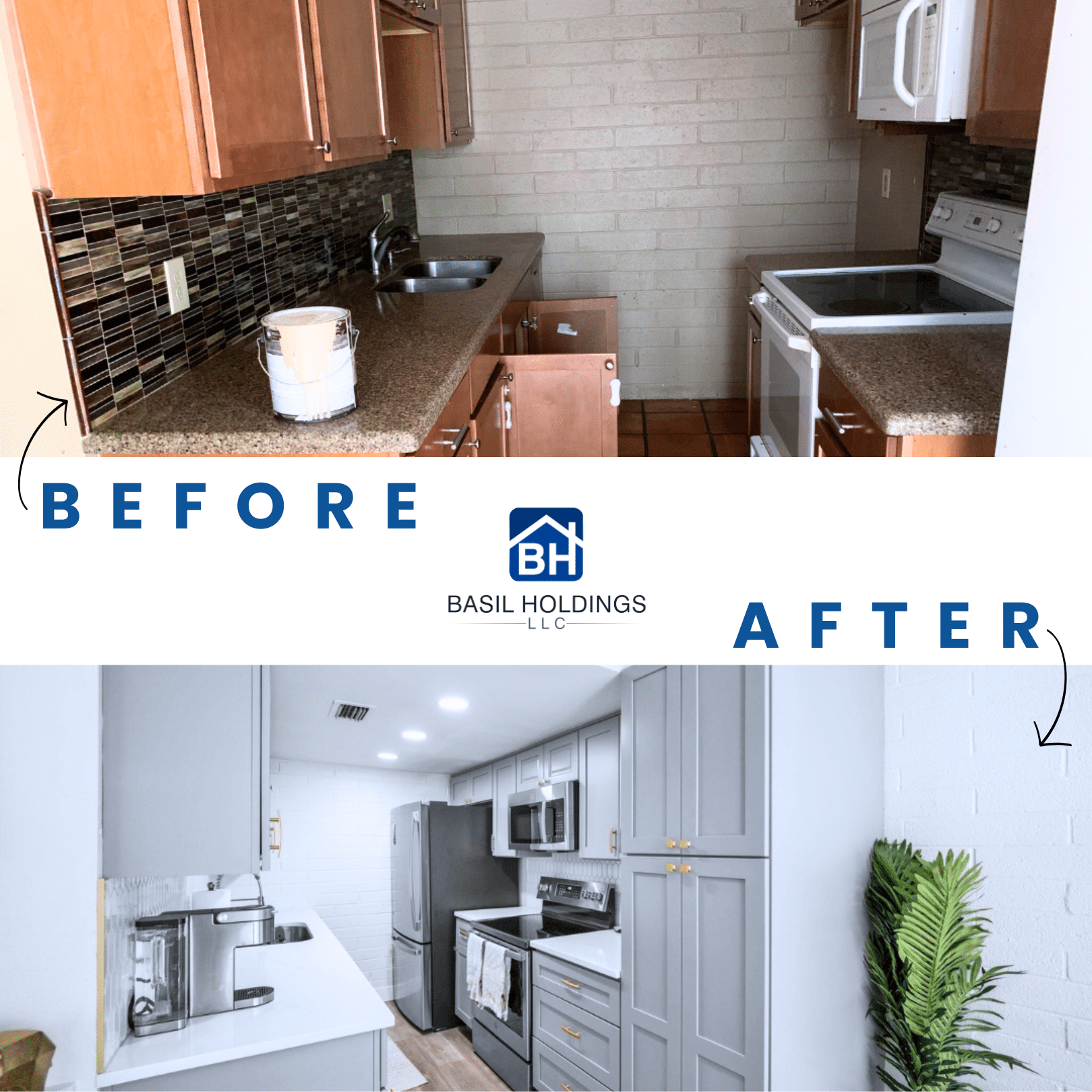Flipping and fixing houses can be a profitable venture in real estate investing, but it also comes with its fair share of challenges.

Here are some tips to help you succeed in flipping and fixing a house:
Set a budget: Before you start any renovations, establish a realistic budget that covers the purchase price, renovation costs, carrying costs (such as utilities and taxes), and a buffer for unexpected expenses. Stick to your budget throughout the process to ensure you can generate a profit.
Research the market: Understand the local real estate market in the area where you plan to flip a house. Look for neighborhoods with high demand and appreciating property values. Analyze recent sales data to determine the potential selling price of the renovated property.
Calculate the potential profit: After estimating the purchase price, renovation costs, and selling price, calculate your potential profit margin. Consider all expenses, including financing costs, real estate agent commissions, and closing costs. Ensure that the potential profit justifies the time and effort invested.
Find a suitable property: Look for properties that have potential but are undervalued or in need of repairs. Look for distressed properties, foreclosures, or homes listed below market value. Assess the condition of the property and consider the scope of renovations required before making a purchase.
Assemble a reliable team: Build a team of professionals, including contractors, inspectors, and real estate agents, who have experience in house flipping. Choose reputable individuals who can help you navigate the renovation process efficiently.
Renovate strategically: Focus on making cost-effective improvements that maximize the property’s value. Prioritize essential repairs, such as fixing structural issues, updating electrical and plumbing systems, and improving the curb appeal. Opt for neutral and timeless design choices that appeal to a wide range of buyers.
Manage time effectively: Time is a crucial factor in flipping houses. Set realistic timelines for each stage of the renovation process and closely manage the project to ensure you stay on track. Delays can eat into your profits and increase holding costs.
Monitor costs closely: Keep a close eye on your renovation expenses. Regularly review your budget, track costs, and adjust as necessary to avoid overspending. Look for cost-saving opportunities, such as negotiating prices with contractors or finding discounts on materials.
Market the property strategically: When the renovation is complete, work with a real estate agent to market the property effectively. Professional photography, staging, and targeted marketing efforts can help attract potential buyers and sell the property quickly.
Maintain flexibility: Be prepared for unexpected challenges or changes in the market. Have backup plans in case the renovation takes longer than anticipated or if the market conditions shift. Flexibility and adaptability are essential qualities for successful house flippers.
CONCLUSION
Remember, flipping houses involves risks, and success is not guaranteed. Conduct thorough due diligence, research, and analysis before committing to any investment.





